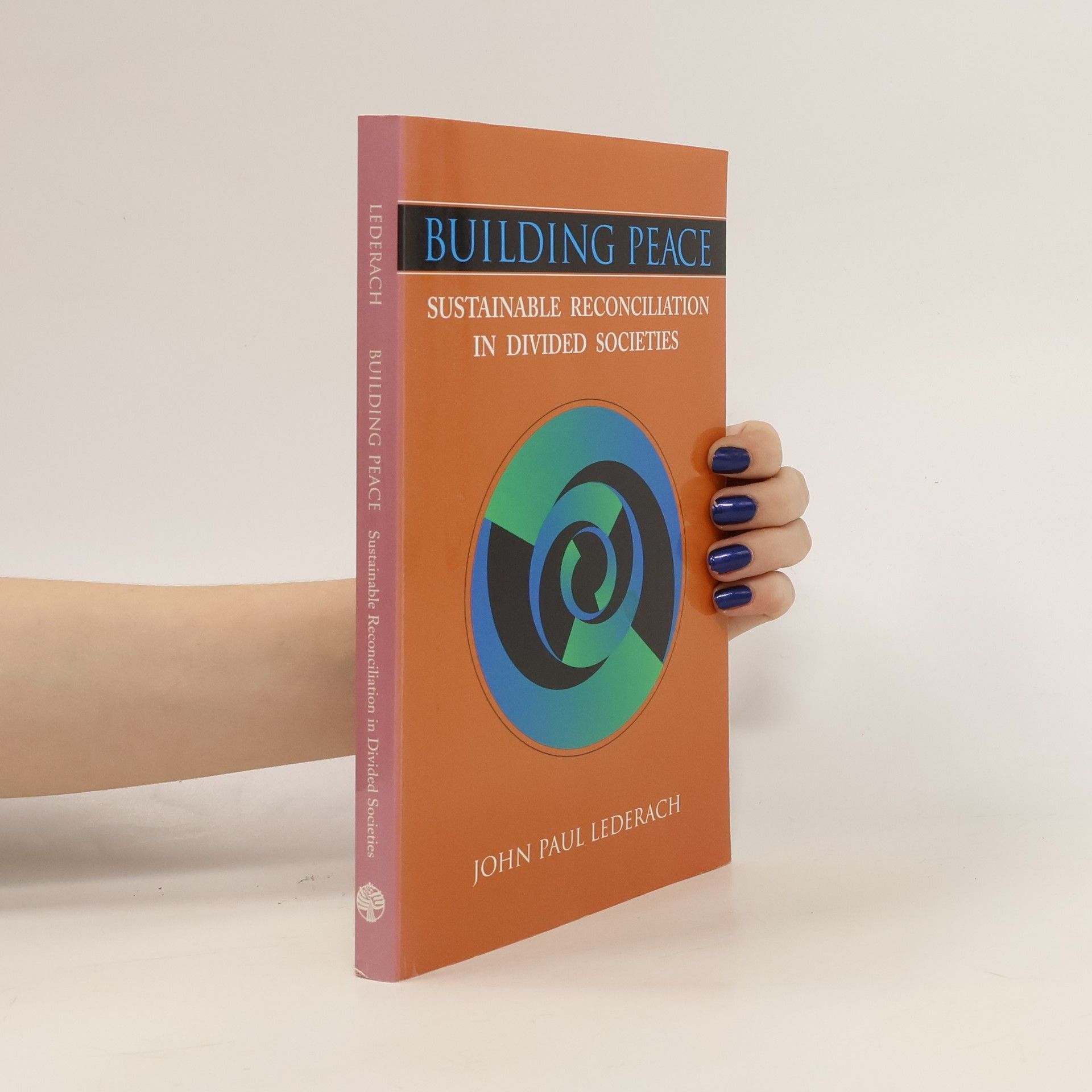The Moral Imagination
- 200pagine
- 7 ore di lettura
John Paul Lederach explores the evolution of his understanding of peacebuilding by reflecting on his own experiences in the field. Peacebuilding, in his view, is both a learned skill and an art. Finding this art, he says, requires a shift in worldview. Conflict professionals must envision their work as a creative act - an exercise of what Lederach calls the moral imagination.

